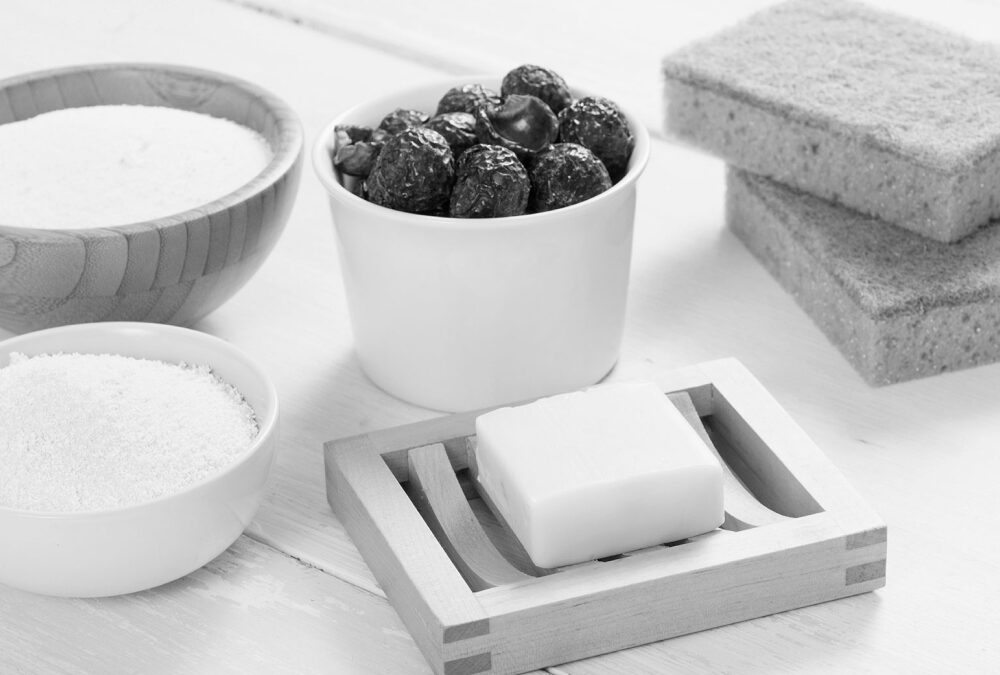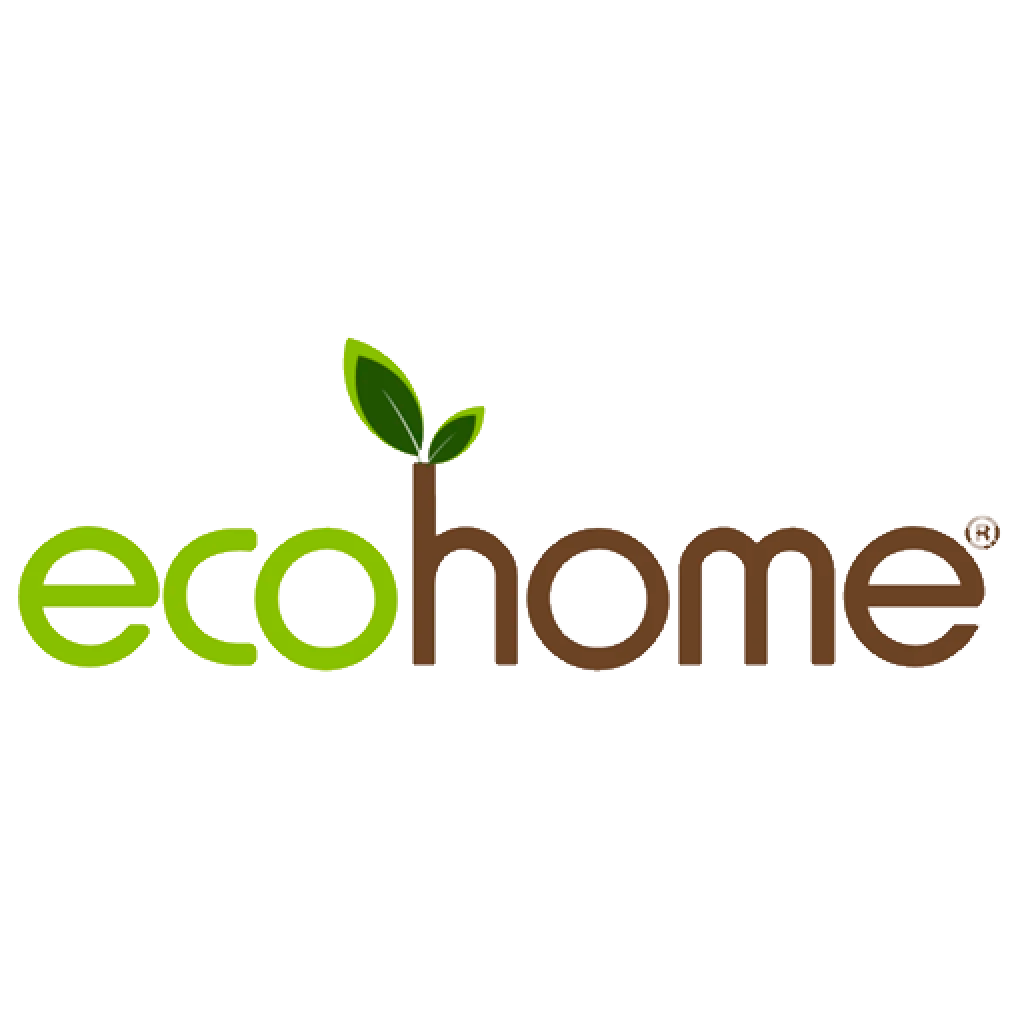

The Opportunity
The traditional home and personal care products industry follows an economic model that disregards ecological boundaries at the expense of human and planet well-being. Consumers are demanding organic and sustainably sourced products, whose markets are growing exponentially (+10% CAGR in the US and 26% CAGR in Colombia)1.As a result, multiple companies are implementing different strategies to adopt this new trend.
Countries with immense biodiversity such as Malaysia, Indonesia and New Zealand are seizing the opportunity and becoming producers of these natural bio-products2. Colombia should not be the exception: it is the second most biodiverse country in the world, but it faces multiple bottlenecks that have prevented it from becoming a leader in the production of natural ingredients3. Colombia has an opportunity of exploiting this market and contributing towards improving land degradation and imbalanced ecosystems that are affecting economic activities, and increasing poverty.
About the project
EcoHome designs and commercializes personal, and home care products made with plant-based extracts and natural ingredients. It will become the first regenerative industry of home and personal care products in Colombia by 2022.
EcoHome realized cleaning products can be transformed from native plants that create profitable economic opportunities and restore degraded lands. As a result, EcoHome launched “Connecting the dots with soapnuts”, a project that defines a new sourcing model that articulates a business vision, designs regenerative productive models and defines a technical assistance model to be scaled among smallholders.
This project is based in the Cartama Province, a territory in Antioquia, where most of the original forest cover has been transformed into extensive cattle ranching, despite its high biological importance since it holds important remnants of the Andean forest.
How we helped
EcoHome was looking to take advantage of the market opportunity and scale its project to become a 100% regenerative company. EcoHome partnered with AMPLO to define an ambitious business plan to benefit from Colombian biodiversity and agro-industrial potential creating a sustainable and inclusive value chain of regenerative Home, Garden, and Personal Care products under a three-dimensional strategy:
- Vertical integration: Work with smallholder farmers to obtain local bio-inputs
- Product development: Achieve 100% natural formulation in new products
- Sales expansion: Open new channels and acquire regulatory permits
AMPLO supported EcoHome in structuring an investment round by building the financial model and marketing materials to connect the company with impact investors while working with development institutions and international cooperation to support the ecosystem with additional non-refundable grants and soft loans.
Expected results
- EcoHome aims to establish 7,321ha of new productive nature based regenerative models, led by +200 smallholder farmers who will increase their income by 115% while protecting and sustainably exploiting 10,386ha of existing tropical dry forest.
- EcoHome will launch its regenerative portfolio by sourcing biomass from these botanical species and increasing its current sales by 400% in the next 5 years.
- EcoHome will catalyze +$10MUSD in private and public investment to create a sustainable and inclusive regenerative value chain
- Green Queen (2020) Our Favorite Non-Toxic Cleaning Products: The Brands That Keep Your Home (And the Planet) Spick & Span
- Kaiser & Marshman-Goldblatt, P. (2007) -Retail in practicing Ecomarket. Ecohome team.
- Green Queen (2020) Our Favorite Non-Toxic Cleaning Products: The Brands That Keep Your Home (And the Planet) Spick & Span
Our Team
We work hand-in-hand with our clients to develop and IMPLEMENT solutions that create inclusive and sustainable solutions for complex social and environmental challenges


